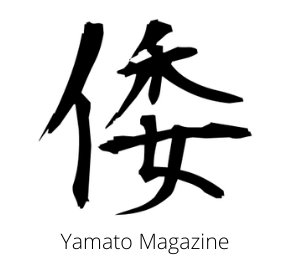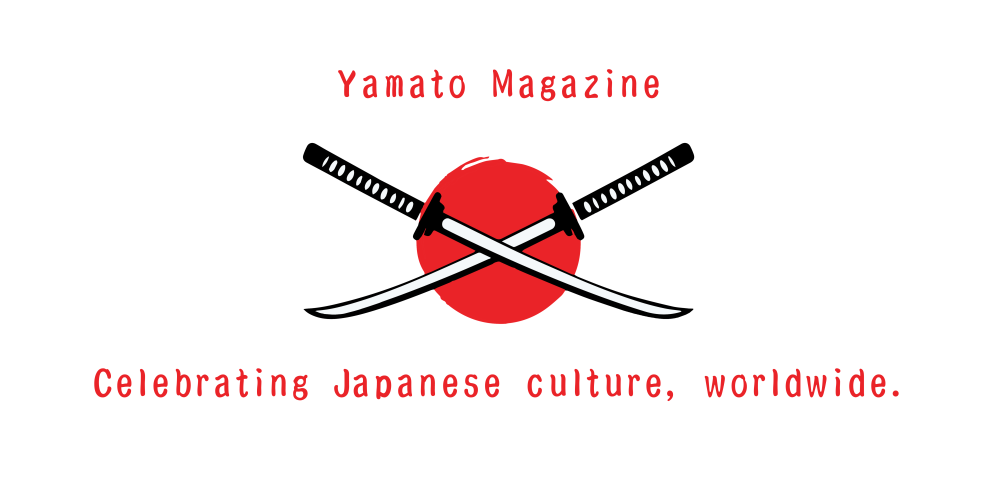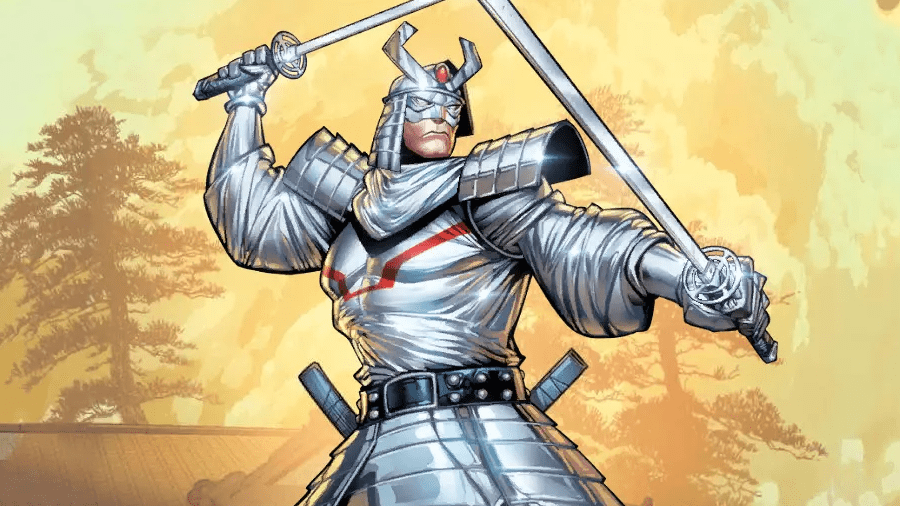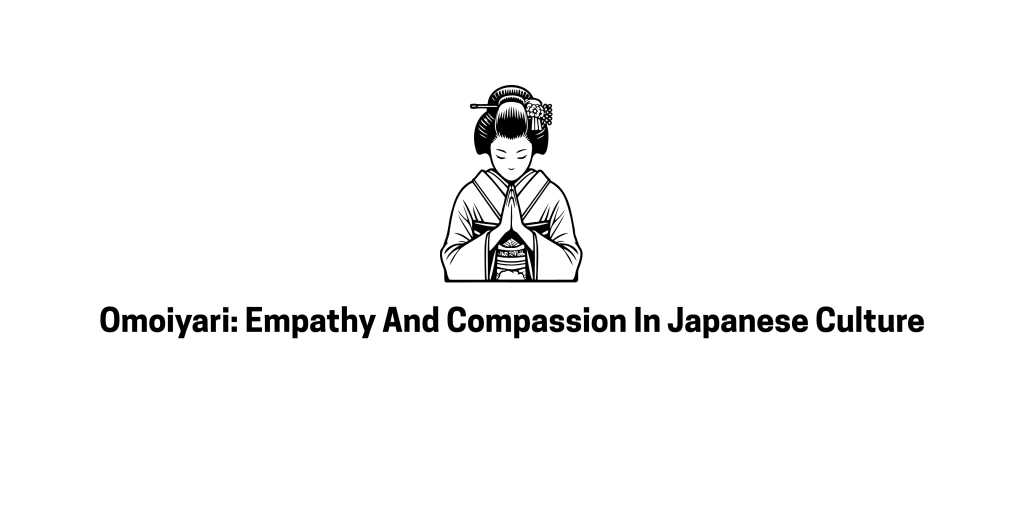
New York and Tokyo have always recognised something of themselves in each other. Two cities built on movement, contradiction, obsessive attention to detail and thriving creativity. ‘Fashion Remix’, an editorial produced by Fashion Week Brooklyn (FWKB) and House of Annex, moves deliberately between these worlds.
Shot inside Velvet Tokyo, a space located in Shimokitazawa, Tokyo that refuses to separate vintage from new, the story reflects a transpacific design language rooted in substance over spectacle. Velvet’s philosophy is simple and radical: beautiful clothing is just beautiful. That belief anchors the visual narrative, allowing the styling to feel lived-in and unforced. More conversation than performance.
At the heart of the shoot is MOMOYO STOBY FASHION, the Japan-based upcycling label founded by Momoyo Stoby in 2021. Working with Japanese antique and vintage textiles, particularly Showa-era tenugui towels, Stoby elevates cloth shaped by time into contemporary, one-of-one garments. Fading, wear, and imperfection are treated as assets, guided by wabi-sabi sensibilities and the brand’s philosophy, “Once Vintage. Now the Spotlight.” Enhanced through layered construction and traditional persimmon tannin dyeing, the work speaks to a design approach that feels as at home in Brooklyn as it does in Tokyo.
Directed by Rick Davy with fashion direction and styling by Rahel Tadesse, the editorial captures fashion as a cultural bridge rather than a destination. In the interviews that follow, Yamato Magazine speaks with Davy and Tadesse about the ideas behind the shoot, the dialogue between cities, and what it means to build an editorial that honours craft, context, and connection across continents. Plus, you’ll see exclusive photos from the shoot.









